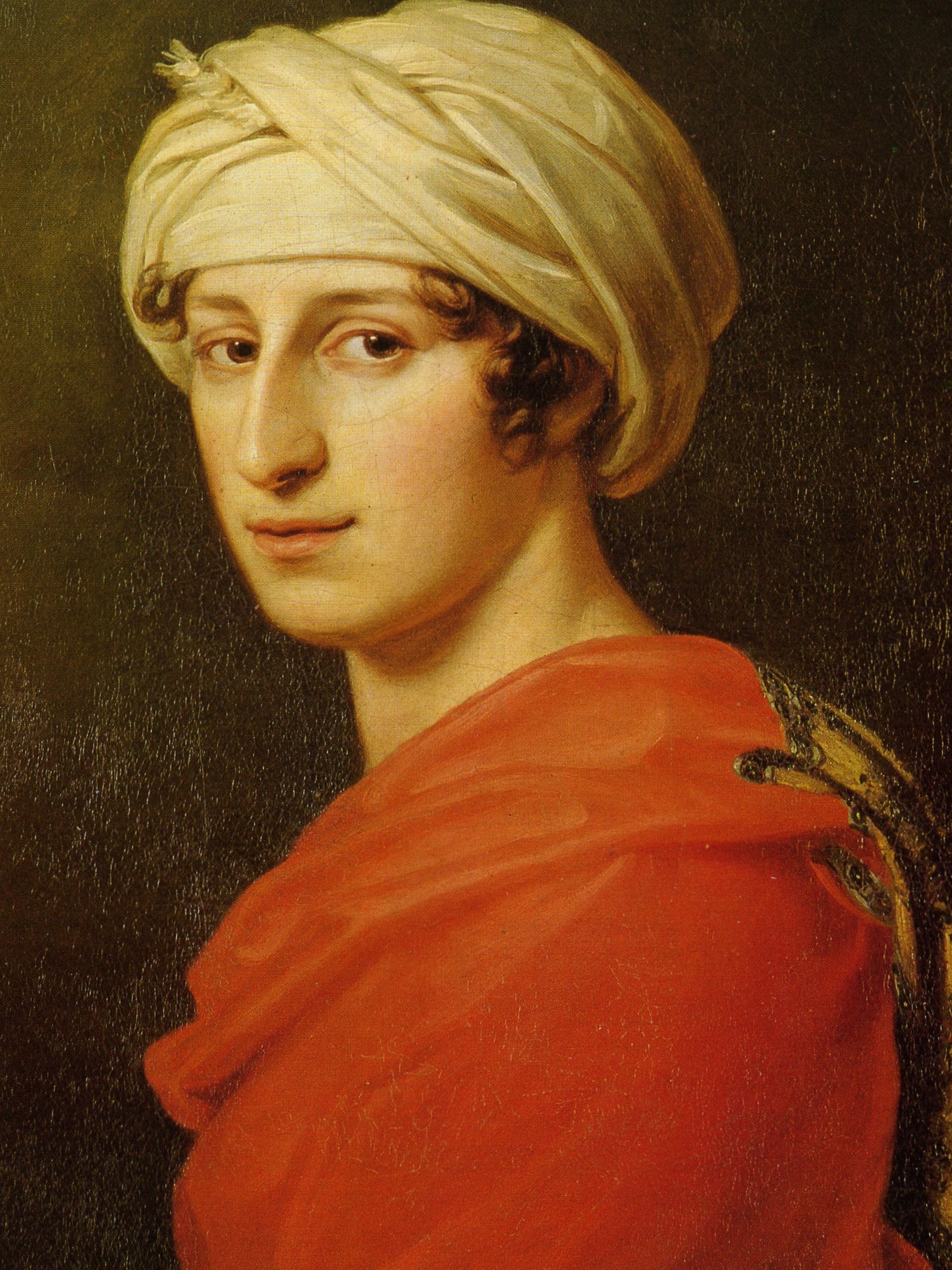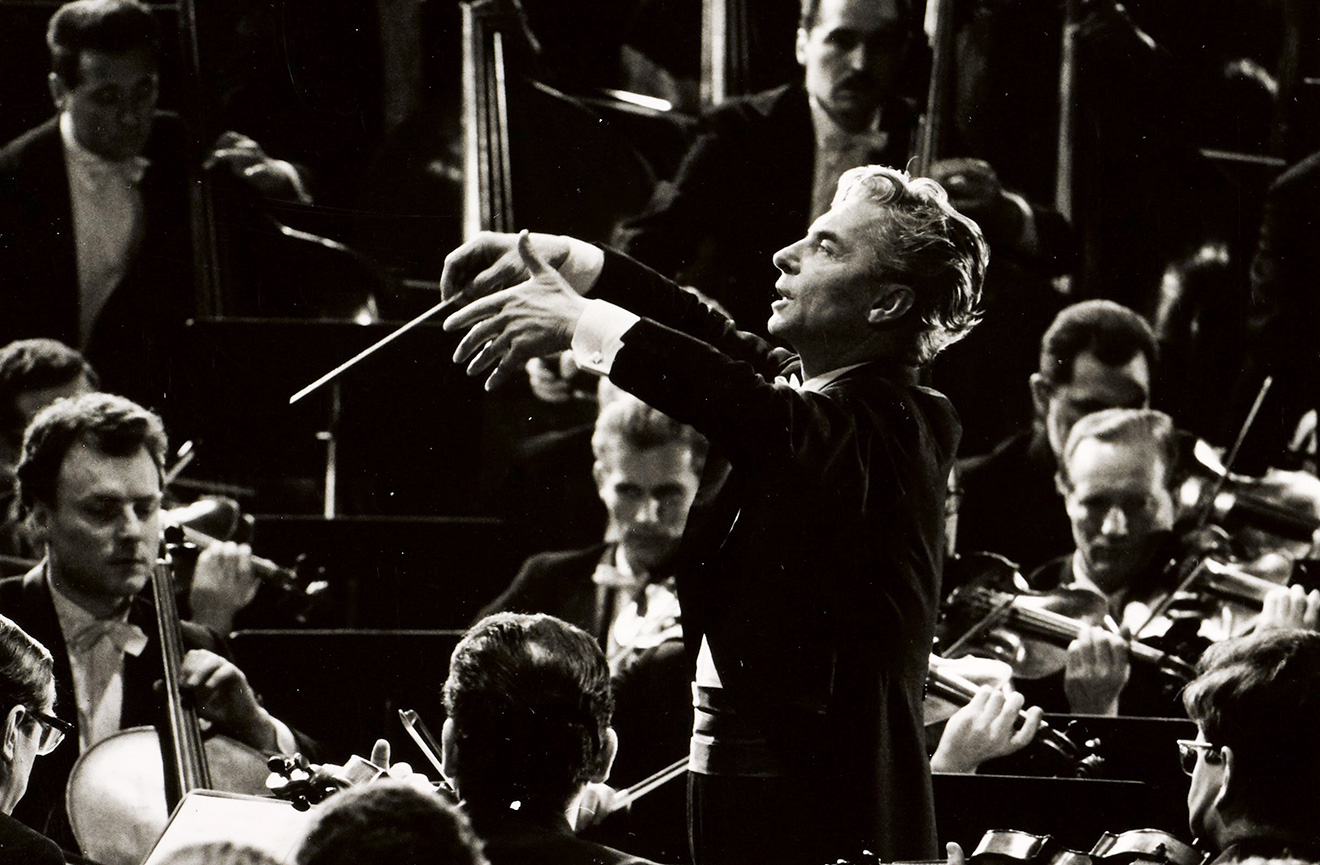- Geschichte

Beethoven dedicated the first print of the score of his Seventh Symphony with a handwritten entry to Antonie Brentano, the wife of a banker. Was she perhaps his “Immortal Beloved”? To this day, the mystery has not been completely resolved. Two women are in competition for this title. A search for clues.
In summer 1812 Ludwig van Beethoven wrote his most passionate love letter. “My angel, my all, my own self,” he began in an ecstatic tone. “While still in bed my thoughts rush to you, my Immortal Beloved, sometimes joyfully, other times sadly, waiting to see whether Fate will listen to us. I can only live with you either completely, or not at all.” And at the end, there is an imploring triad: “Ever thine, Ever mine, Ever us. L.” Wonderful … Only we still don’t know who this mysterious “Immortal Beloved” actually was.
Beethoven’s letter implies that she must have been married: “Arrange that I can live with you,” he urges her. One possible candidate could be Josephine Brunsvik de Korompa, who became Beethoven’s piano pupil in 1799 but then married Count Deym, with whom she had four children. After Deym’s sudden death in 1804, Josephine was thought to have been Beethoven’s lover for several years. In order not to lose custody of her children, however, in 1810 she entered into a second marriage in keeping with her station, with the Estonian Baron von Stackelberg, whom she left in 1812 – at the same time that Beethoven wrote his legendary letter. That fact that she gave birth to a daughter nine months later, whom she gave the name “Mynona”, which, when read backwards, means “anonymous” in German, is taken as evidence of Beethoven’s undisclosed paternity.
There is a strong rival candidate, however: Antonie Brentano, the wife of the Frankfurt banker Franz Brentano, from whom she lived apart for some time in Vienna. There she became acquainted with Beethoven, whom she soon met every day. What makes a strong case for Antonie is the fact that on 2 July 1812, which Beethoven mentions in his letter as the date of their last meeting, she was in Prague, as was he. She also became a mother eight months later, giving birth to Karl Joseph, whose father is presumed to be Beethoven. Moreover, Beethoven’s journals reveal that the name of the “Immortal Beloved” began with a “T”. Antonie was called “Toni” – that would fit. And when one also bears in mind that Beethoven not only gave her the song An die Geliebte (To the Beloved) but also dedicated a score of the Seventh Symphony to her in his own hand, this can be considered a strong chain of evidence.

Rasanter Tastenzauber
Beethoven war ein Wunderkind am Klavier und feierte zu Beginn seiner Laufbahn seine größten Erfolge als Pianist. Bis sich sein Gehör verschlechterte.

Liebesfrühling
Die frühen Jahre seiner Ehe mit Clara Wieck waren für Robert Schumann eine Zeit des Glücks und der Schaffenskraft.

Symphonischer Leuchtturm
Beethovens Neunte und die Berliner Philharmoniker: ein Rückblick